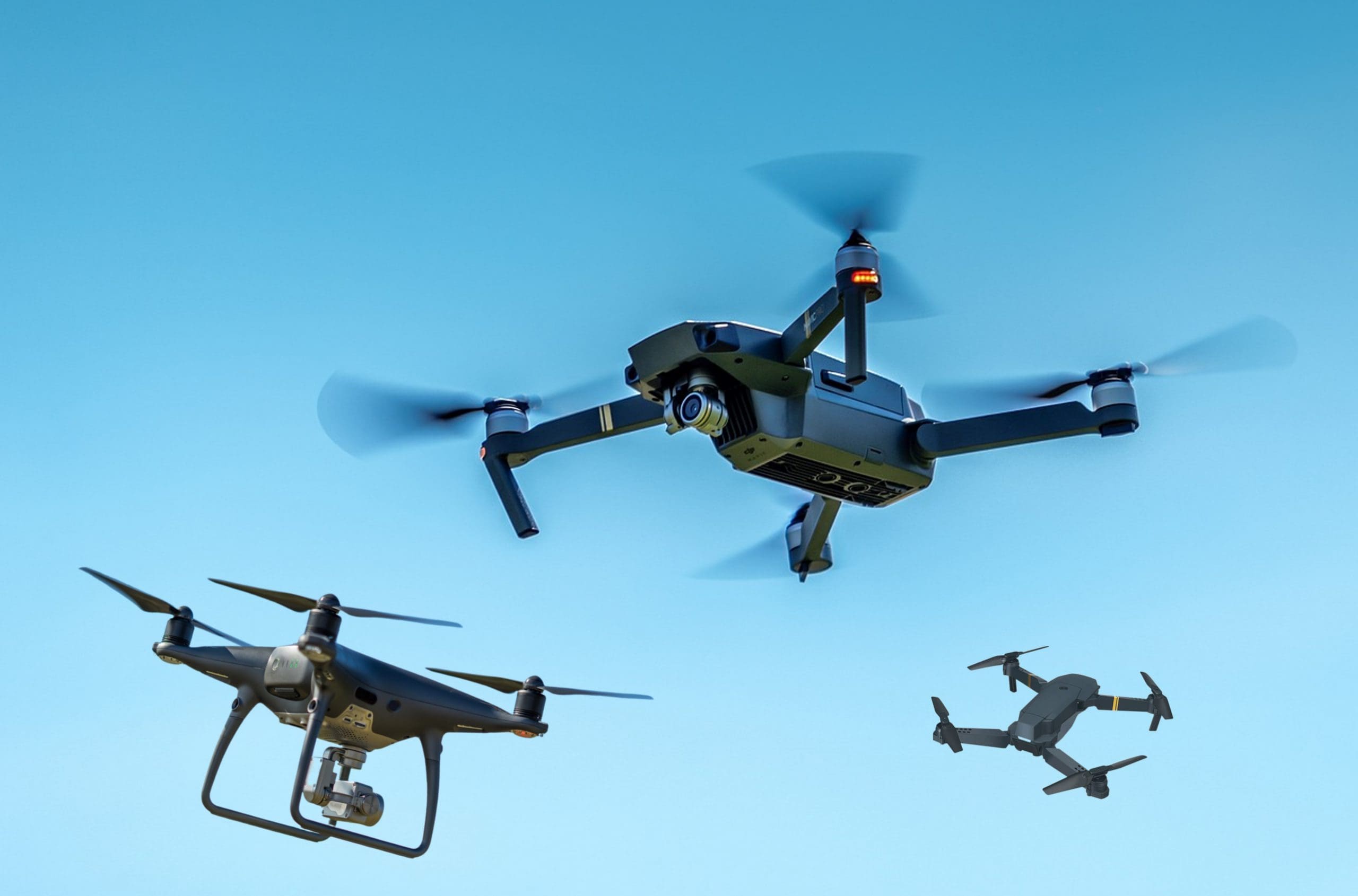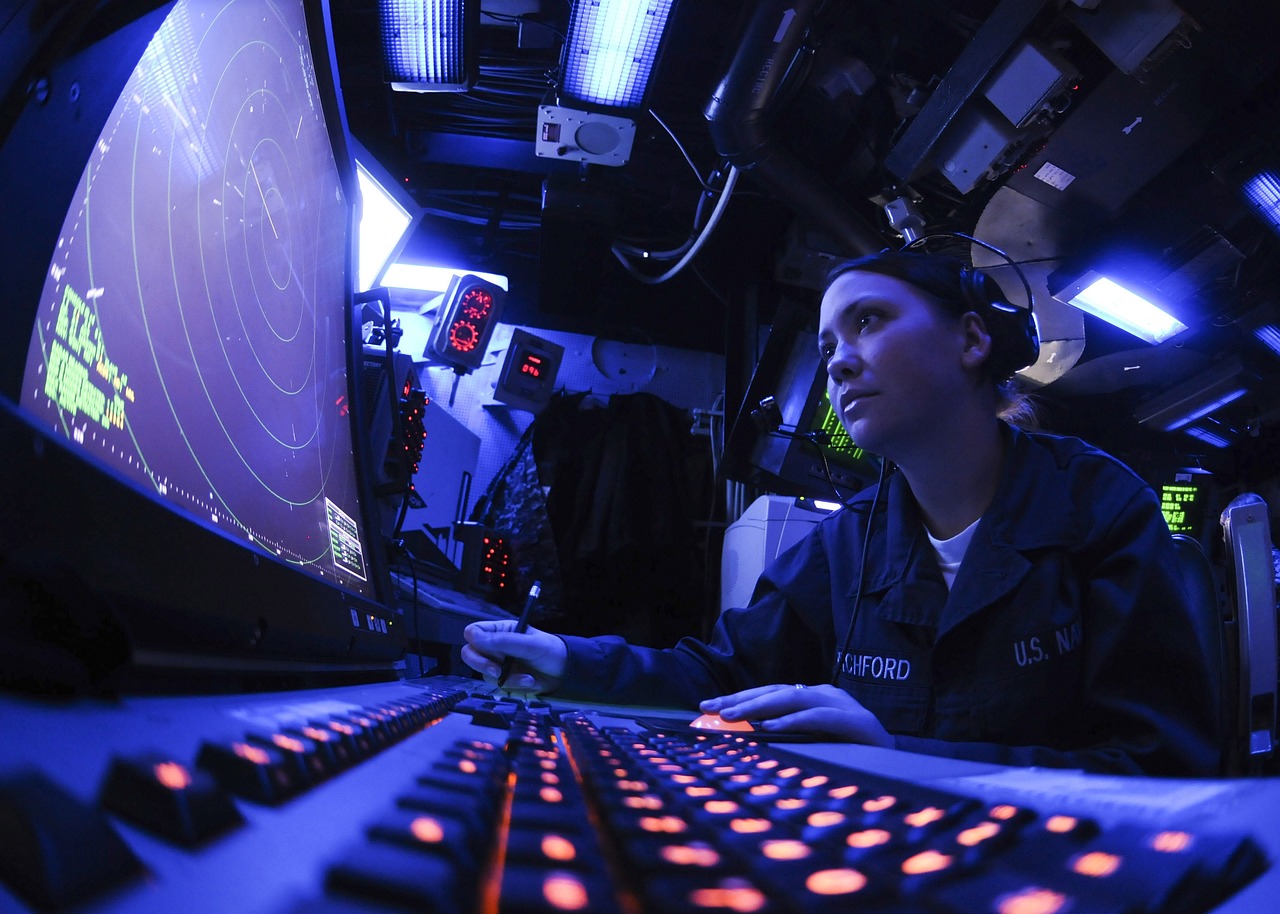This post is also available in:
 עברית (Hebrew)
עברית (Hebrew)
As coronavirus spreads globally, shortages of medical supplies have become a major problem. The urgent need for respiratory ventilators has become a major challenge in addressing the coronavirus pandemic. In Israel and around the world, advanced technology companies are sharing their know-how, expertise, and innovation resources to help cope with this global crisis. However, there are still medical and other issues that might impede the urgent deployment of new devices where they are the most needed.
In Israel, a specialized team founded by the DDR&D of the Ministry of Defense will develop respiratory ventilators, in addition to more technologies to cope with the virus spread.
the Military Intelligence Directorate Unit 81 has started working on several projects in collaboration with the Israel Ministry of Health, including the adaptation of the BiPAP electronic home ventilator device for use with Coronavirus patients. The project is at the prototype stage, according to idf.il.
The Unit also started manufacturing protection masks for the medical staff and to prepare ambulances for Corona patients transportation without risking the driver. The Unit developed a special protective equipment for the inner part of the vehicle and the separation of the air conditioning system. In addition, they are developing a demonstrator for an efficient information management application for the Corona test labs.
The Israeli respirator supplier Inovytec will supply the IMoD with 1000 respirators as part of the emergency equipment process. They told calcalist.co.il that they are preparing for a 100% manufacturing in Israel, in order to avoid supply problems of component shortage in case borders will be closed. The company was established by graduates of the Israeli defense establishment in order to develop and manufacture innovative solutions for the resuscitation chain.
One of the major technologies with regard to the Coronavirus pandemic is 3D printing, which allows digital design of parts and the “printing” of them off a machine that creates them layer by layer. It is ideally suited to emergency manufacturing because it is fast, cheap and can be done without a big factory.
In Italy, the Italian engineering startup Isinnova responded to the call for help by the hospital in Chiari, in the Brescia area of northern Italy where the coronavirus pandemic has hit hard. The hospital urgently needed valves for its respirators in order to keep patients who required oxygen alive. Isinnova’s founder and CEO, Christian Fracassi, immediately started tinkering with his engineers to reverse-engineer a 3D-printed version of the official part. Called a venturi valve, it connects to a patient’s face mask to deliver oxygen at a fixed concentration. The valves need to be replaced for each patient.
Within days he already had a prototype and when the hospital said it actually worked, they asked for 100 pieces. The company printed the parts and the hospital reported they were “working very well,” according to forbes.com.
However, there are still certification problems. In Italy, Fracassi says, emergency rules during the coronavirus pandemic allowed that requirement to be waived. But there are potential legal and medical issues, which have stopped Fracassi from distributing the digital design file more widely, despite receiving hundreds of requests for the 3D-printed valves.
There are complexities because hospitals use a wide variety of respirators, each of which has slightly different technical specs and would require slightly different valves.
Tesla and SpaceX are “working on ventilators,” Elon Musk tweeted recently in response to a direct plea by New York City Mayor Bill de Blasio to help alleviate a shortage at hospitals gearing up to combat COVID-19.
Musk didn’t describe what capacity would be or how long it might take to scale up such an endeavor. In any event, certified medical personnel will need to be involved in such an operation and ventilator hardware used in clinical settings still must be approved by the FDA, which could delay production, according to techcrunch.com.
Other automakers such as GM, Volkswagen and Ford have all reportedly either talked to the White House or committed to looking at the problem. Volkswagen said it has created a task force to look into using 3D printing to make hospital ventilators.























